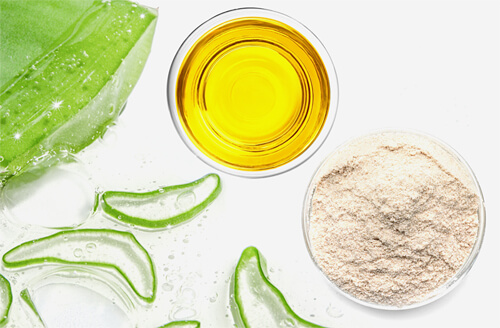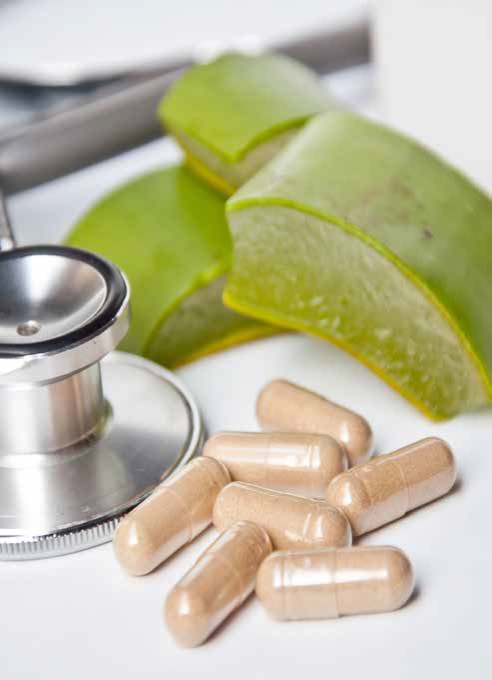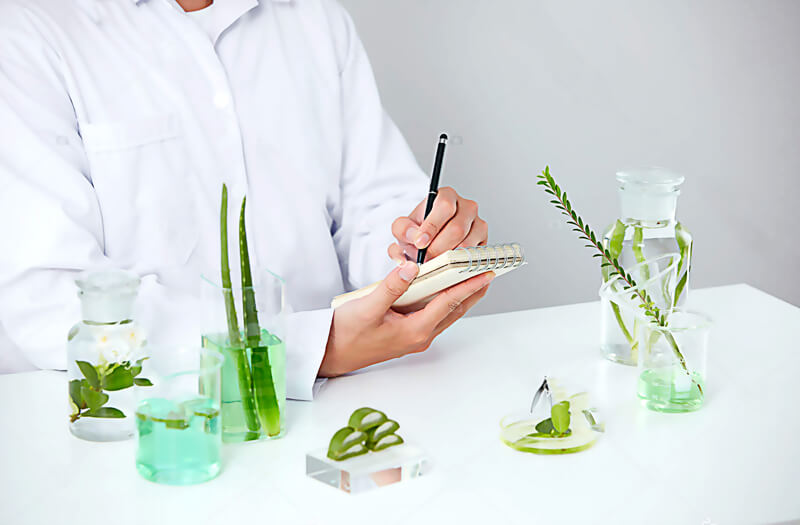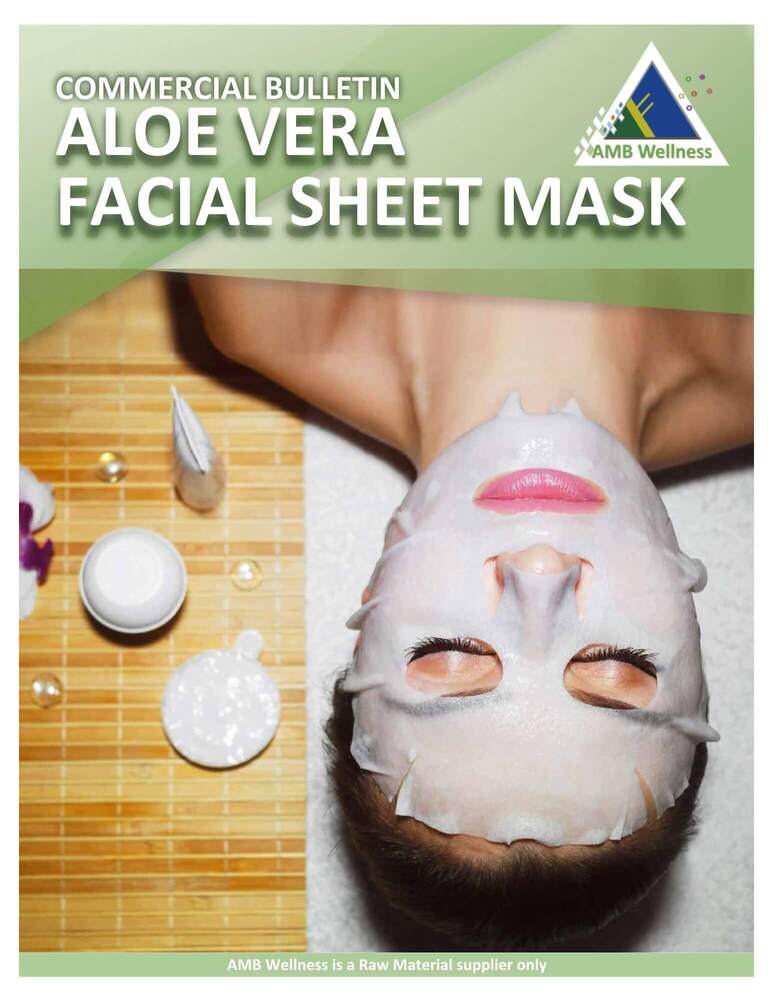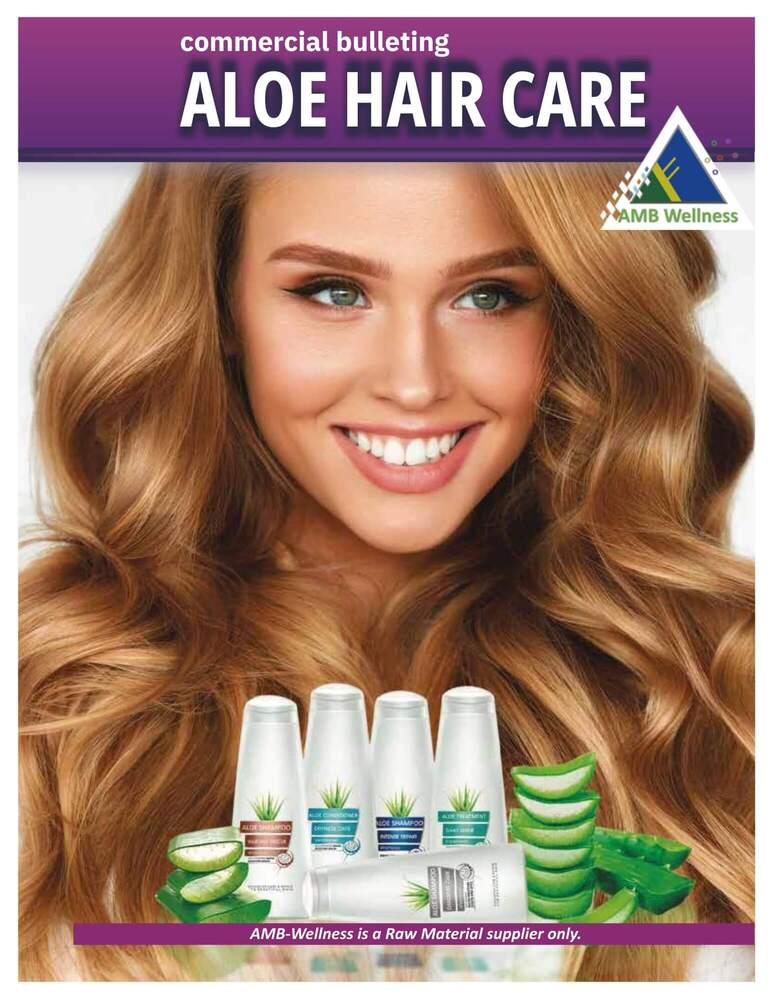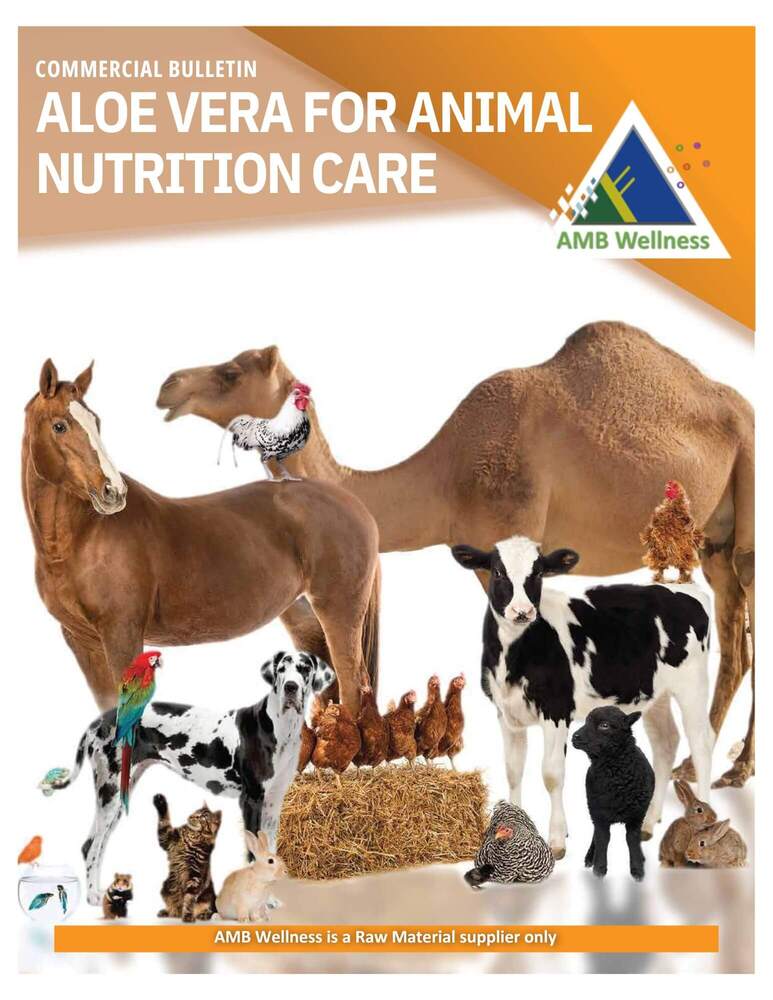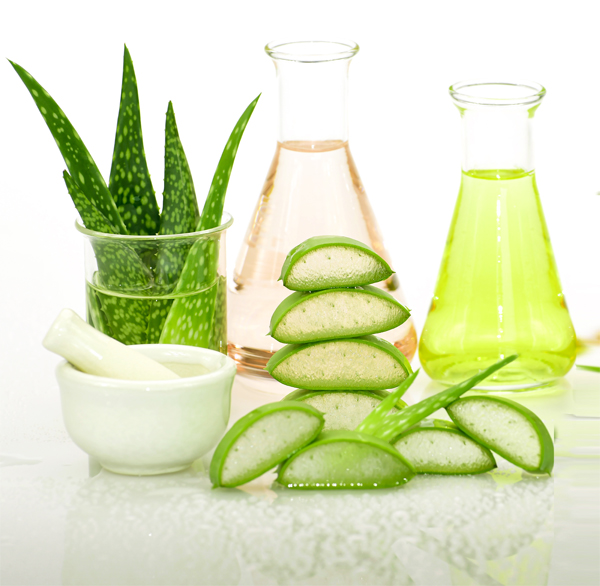Author ULBRICHT CATHERINE ET AL
Alopecia (hair loss), Alzheimers disease, antioxidant, arthritis (osteoarthritis and rheumatoid arthritis), asthma, bacterial skin infections, candida skin infections, chronic fatigue syndrome, chronic leg ulcers, congestive heart failure, corneal abrasions/ulcers, coronary artery disease prevention, diabetic ulcers, duodenal ulcer, dry skin (aloe gel gloves), frostbite, functional bowel disorders, gastric acid reduction (hyperacidity), gastric ulcer, helminthic infections, hepatitis, human papilloma virus hyperlipidemia, in?ammatory bowel disease, lichen planus, Parkin-sons disease, peptic ulcer, periodontal surgical rinse, post dermabrasion wound healing, radioprotection, sunburn, systemic lupus erythematosus, tic douloureux, untreatable advanced solid neoplasms, urolithiasis (bladder stones), Aloe Vera Gel gel or extract is used topically to reduce pain and in?ammation, enhance healing of skin wounds (abrasions , cuts, and ulcers), or treat psoriasis, frostbite injury, burns, infections (cold sores). Medical attention should be sought for severe burns, wounds, or frostbite, polysaccharide glucomannan is an effective human skin moisturizer, which accounts for its use in many cosmetics. Acemannan, the major carbohydrate fraction in the gel, is a water-soluble long-chain mannose polymer, modulate immune function (particularly macrophage activation and cytokine production) and to accelerate wound healing. The macrophage stimulating principle of acemannan appears to reside in the high molecular weight polysaccharides Aloeride, Acemannan has also been reported to exhibit antineoplastic and antiviral effects in vitro, anti-in?ammatory properties, enhance antibody production, aloes local anti-in?ammatory activity, possibly because of an inhibitory effect on the arachidonic acid pathway via cyclooxygenase, veracylglucan C exhibited signi?cant cell proliferative and anti-in?ammatory activities, free radical scavenging and other antioxidant properties, Topical aloes anti-in?ammatory properties do not appear to interfere with wound healing, but rather increase wound tensile strength, possibly because of the ?broblast stimulating activity of mannose-6-phosphate, Promotion of apoptosis has been reported in vitro as a possible antineoplastic mechanism, Aloe appears to affect detoxi?cation of reactive metabolites by liver and other organs, aloe polysaccharides might have a radio-protective effect on nonmalignant cells via its ability to modulate the cell cycle,

